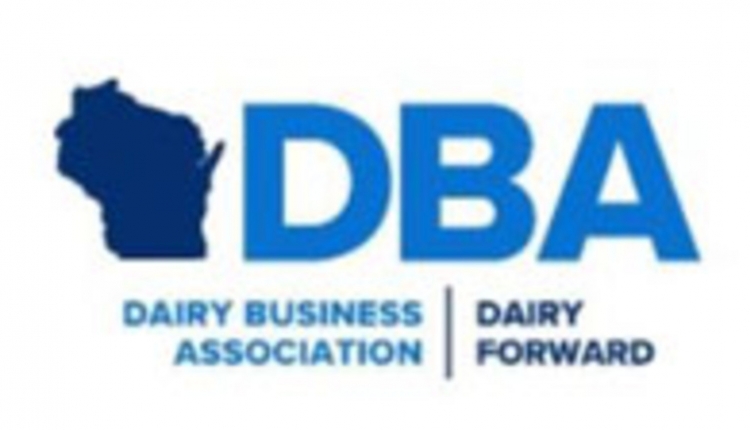
Animal activists are once again using legislation in an attempt to push their agenda, and this time it’s gaining broader attention as it aims to criminalize such common and necessary livestock practices as artificial insemination and timely slaughter.
“It takes a lot to surprise me after six years of very closely following activism, but I do have to say, I am really surprised to see these ballot initiatives, not necessarily being proposed, but to have them be moving forward,” said Hannah Thompson-Weeman of Colorado Ballot Initiative 16 on the June 2 Hoard’s Dairyman DairyLivestream sponsored by Select Sires.
While the Colorado proposition just began its legislative journey earlier this year, the tactic of using ballot initiatives as a way of passing anti-animal agriculture laws is not new. Ballot initiatives (also referred to as ballot measures; citizen, voter, or popular initiatives; or propositions) are proposals brought forward by citizens to create, amend, or repeal a state law or constitutional provision by collecting signatures from a percentage of registered voters. A direct initiative, such as Ballot Initiative 16, is put to a vote if it receives the required number of signatures. Fourteen states allow ballot initiatives to become law if passed at the polls.
As for that required number of signatures, there are two paths forward in Colorado. Bill Hammerich, CEO of the Colorado Livestock Association, explained that one option is a constitutional initiative in which a certain share of the signatures collected must come from all 64 of the state’s counties. However, Ballot Initiative 16 is a statutory initiative, which has no requirements for where the signatures come from within the state.
“They don’t have to go anywhere in the state but probably the five or six counties in the Denver metro area,” Hammerich pointed out. Approximately 125,000 signatures are needed by October 18, 2021, to move the proposal to the ballot in November 2022.
Path of least resistance
Bypassing the state legislature is clearly a strategy to avoid the checks and balances that lawmakers use to listen to and weigh concerns of constituents and avoid radical proposals, Thompson-Weeman emphasized. Going through consumers instead of lawmakers gives activists a larger group to appeal to and a greater chance of people sympathizing and agreeing with them. It also creates a larger group for agriculturalists to try to communicate the truth to.
Consumers can often be driven by emotions, and, as many already have a connection to animals through pets, they may be hard pressed to vote against laws that seem to promote animal welfare. That’s especially true when what actually appears on the ballot is an extremely simplified version of the proposal, Thompson-Weeman noted.
“We also typically see these initiatives pop up in states that don’t have a large amount of the animal agriculture that would be impacted,” she said, citing the example of the initiative in Massachusetts that limited cages for laying hens and gestation stalls for sows. Though this is certainly not the situation with Colorado, every state that moves forward with these measures sets a precedent for the future, Thompson-Weeman cautioned.
To watch the recording of the June 2 DairyLivestream, go to the link above. The program recording is also available as an audio-only podcast. Click here to listen or download.
An ongoing series of events
The next broadcast of DairyLivestream will be on Wednesday, June 30 at 11 a.m. CDT. Each episode is designed for panelists to answer over 30 minutes of audience questions. If you haven’t joined a DairyLivestream broadcast yet, register here. Registering once registers you for all future events.








